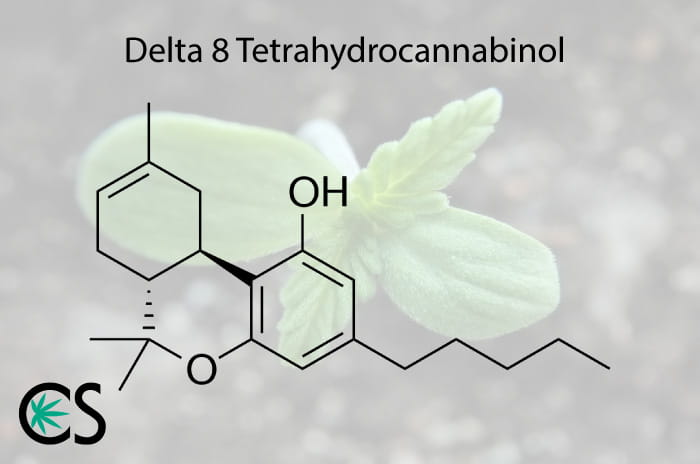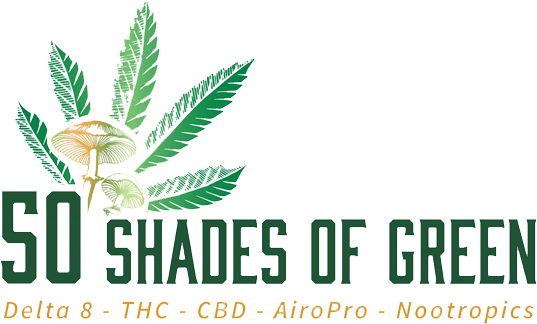Is Delta 8 Legal In Your State?

Legal Obstacles
Delta 8 THC is a cannabinoid of the tetrahydrocannabinol “family” of compounds commonly derived from the cannabis plant. It is a double bond isomer of delta 9 THC, a more well-known cannabinoid in the tetrahydrocannabinol family that is also produced by the cannabis plant.
An isomer is a type of chemical analog, that should be considered legal. Specifically, an isomer is one of two or more compounds that contain the same number of atoms of the same elements but differ in structural arrangement and properties. There are thirty known THC isomers. Delta 8 and delta 9 THC differ concerning the location of a single, double bond. Despite their similarities, the structural difference between delta 8 THC and delta 9 THC makes a substantial difference in how they each affect our bodies. This difference also impacts their legal status.
Read our legal disclaimer HERE. While we try to stay as up-to-date as possible on all state laws, you should do your own due diligence and work with a legal professional to ensure you are operating legally in your state or territory at all times.
The views expressed at, or through, this site are those of the individual authors writing in their individual capacities only – not those of 50shadesofgreen.com as a whole. All liability with respect to actions taken or not taken based on the contents of this site are hereby expressly disclaimed. The content on this posting is provided “as is;” no representations are made that the content is error-free.






